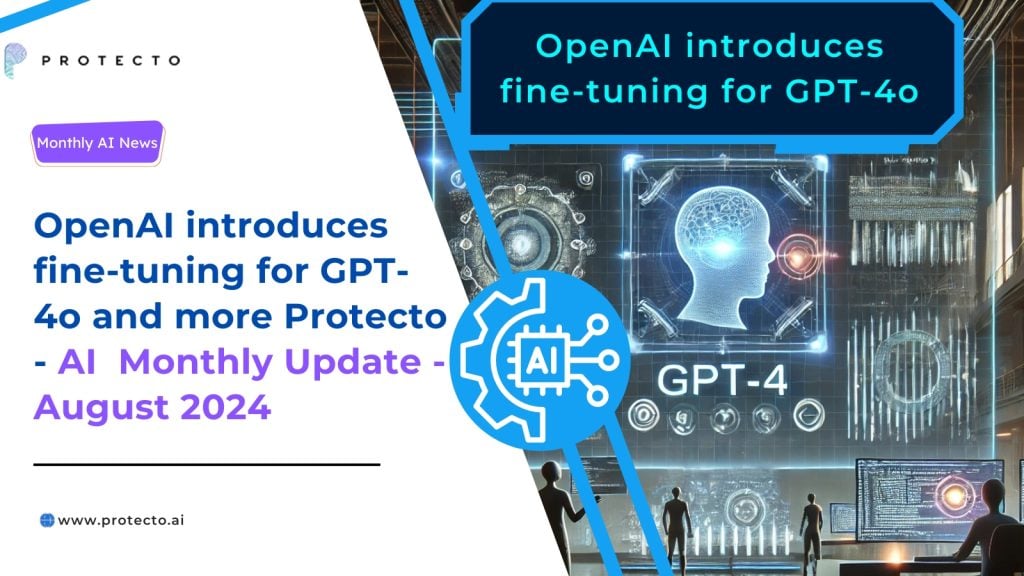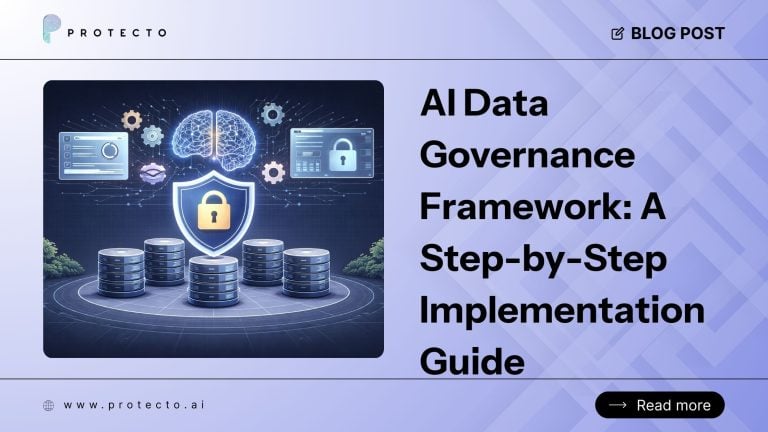OpenAI has announced fine-tuning for GPT-4o, a long-awaited feature that allows developers to tailor the AI model to meet their needs. By enabling fine-tuning for GPT-4o, developers can now achieve greater accuracy and efficiency in their applications across various domains, such as software development, customer service, and creative writing. The company also offers free training tokens for a limited time, making this an attractive opportunity for businesses looking to optimize AI solutions.
Fine-Tuning: A Game-Changer for Custom AI Models
With fine-tuning, developers can adapt GPT-4o to their unique use cases by training the model on custom datasets. This feature allows precise control over the model’s responses, including adjusting the tone, structure, and adherence to domain-specific instructions. Fine-tuning can significantly enhance performance even with minimal training data—just a few dozen examples. The process also reduces the cost of running AI-powered applications, making it more accessible for businesses of all sizes.
To kick off the launch, OpenAI is offering each organization 1 million training tokens per day for free through September 23. This makes it easier to test and implement fine-tuning. This is quite useful for applications requiring specialized outputs, such as complex problem-solving or creative generation.
How to Get Started with GPT-4o Fine-Tuning
Developers can now access fine-tuning for GPT-4o across all paid usage tiers. The setup is straightforward—users can visit the fine-tuning dashboard, select the GPT-4o-2024-08-06 base model, and begin the process. Training costs $25 per million tokens, with inference priced at $3.75 per million input tokens and $15 per million output tokens. For developers using GPT-4o Mini, fine-tuning is also available with 2 million free training tokens daily until September 23.
Success Stories: Fine-Tuning in Action
Several organizations have already tested GPT-4o fine-tuning, yielding impressive results. One example is Cosine, whose AI software engineering assistant, Genie, has achieved state-of-the-art (SOTA) performance on the SWE-bench benchmark. Genie, powered by a fine-tuned GPT-4o model, assists developers by autonomously identifying bugs, building features, and refactoring code more accurately. By training the model on real-world examples from software engineers, Genie has reached a SOTA score of 43.8% on the SWE-bench Verified benchmark, significantly outperforming previous scores.
Another notable success comes from Distyl, a company that collaborates with Fortune 500 clients. Distyl’s fine-tuned GPT-4o ranked first on the BIRD-SQL benchmark, a leading text-to-SQL competition. The model achieved an execution accuracy of 71.83%, excelling in query reformulation and SQL generation tasks. Distyl’s success demonstrates how fine-tuning can help businesses optimize their AI models for specific, complex tasks.
Data Privacy and Safety Measures
OpenAI emphasizes that fine-tuned models remain controlled by the businesses using them. Organizations retain complete ownership of their data, including inputs and outputs, ensuring that sensitive information is never shared or used to train other models. This focus on data privacy is crucial for companies handling proprietary or confidential information.
In addition to privacy, OpenAI has implemented several safety measures for fine-tuned models. Automated safety evaluations continuously monitor usage and ensure compliance with OpenAI’s policies.
What’s Next for GPT-4o Fine-Tuning
The introduction of fine-tuning for GPT-4o is just the beginning. OpenAI has committed to expanding customization options for developers, allowing for even greater flexibility and performance optimization in the future. Businesses interested in exploring more advanced customization options are encouraged to contact OpenAI’s team for further assistance.
As the AI landscape continues to evolve, fine-tuning offers businesses a powerful tool to enhance their applications, cut costs, and achieve state-of-the-art performance in their respective fields.




